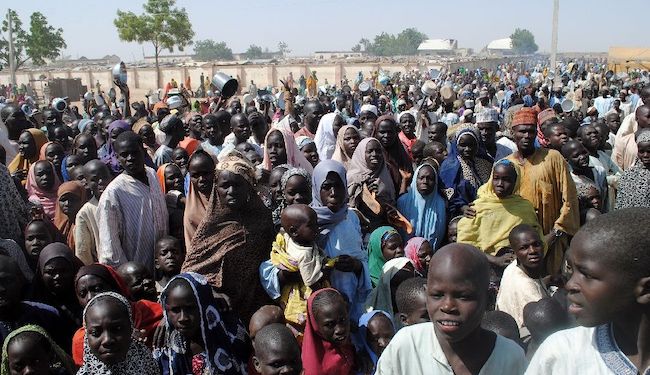News
Reprieve for IDPs as Yobe govt partners UNDP, others over resettlement

Reprieve may have come the way of residents of Malumdunari community who were displaced by the Boko Haram conflict, as the UNDP has pledged to collaborate with the Yobe State government to help them resettle.
This was made known on Wednesday by Mohamed Yahya, the UNDP Resident Representative in Nigeria, who was touring the Malumdunari village ruins.
The resident representative, who led a large delegation, expressed satisfaction with the displaced people’s eagerness to return to their hometown.
In a statement issued by Mamman Mohammed, the governor’s director of press affairs, Malumdunari was identified as the only displaced community that had not yet relocated following the restoration of peace and security during the Boko Haram insurgent crisis.
Read Also: Adeleke re-imposes curfew on Osun LGAs over violence
The representative of the Government of Switzerland, Nicolas Mart, said the visit had provided him with the opportunity to see things for himself and assess areas of intervention.
Since the beginning of Nigeria’s conflict with the Boko Haram in 2009, more than two million people have been displaced in the country’s northeast.
Many internally displaced persons (IDPs) have sought refuge in camps set up and run by state governments across the northeast region.
Government authorities in collaboration with humanitarian organizations have provided food, water, sanitation facilities, health care, and education to those displaced, often for years.
Join the conversation
Support Ripples Nigeria, hold up solutions journalism
Balanced, fearless journalism driven by data comes at huge financial costs.
As a media platform, we hold leadership accountable and will not trade the right to press freedom and free speech for a piece of cake.
If you like what we do, and are ready to uphold solutions journalism, kindly donate to the Ripples Nigeria cause.
Your support would help to ensure that citizens and institutions continue to have free access to credible and reliable information for societal development.
























